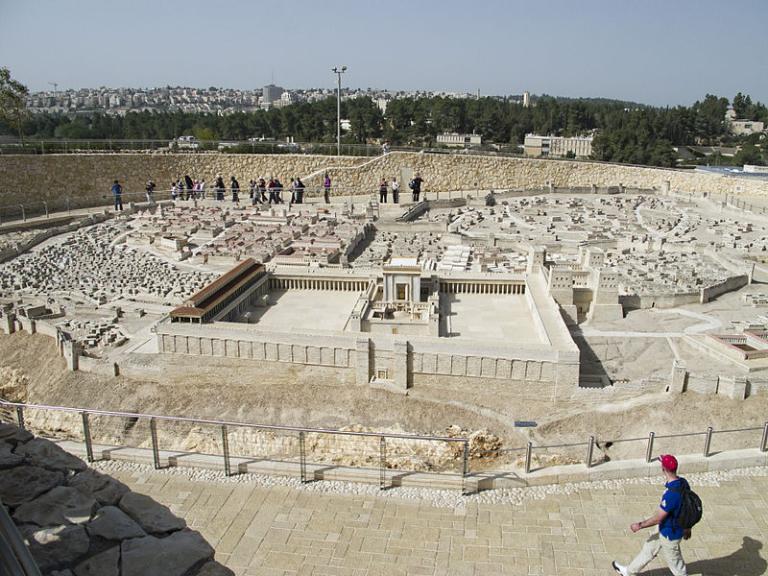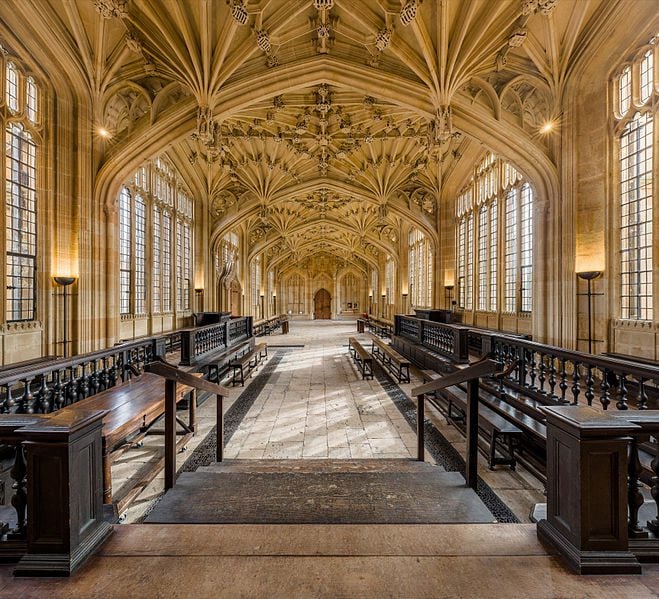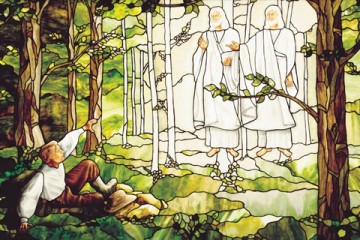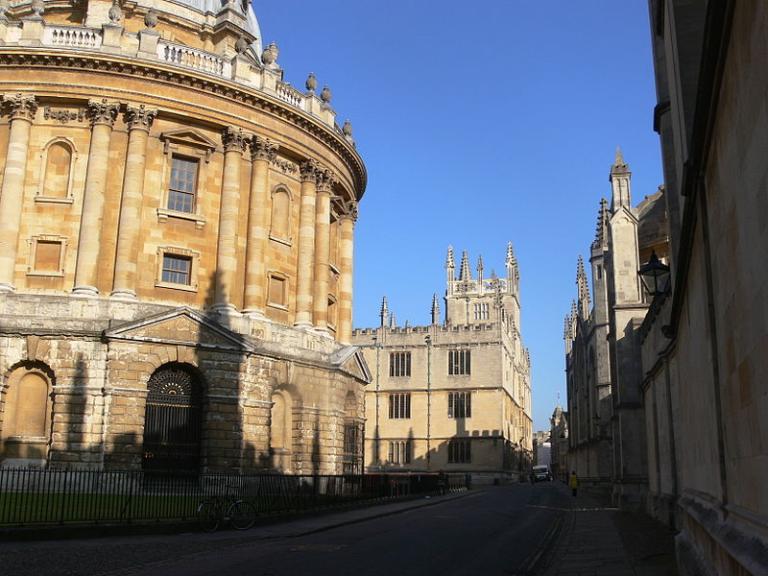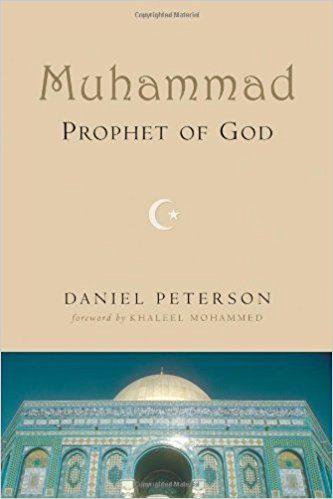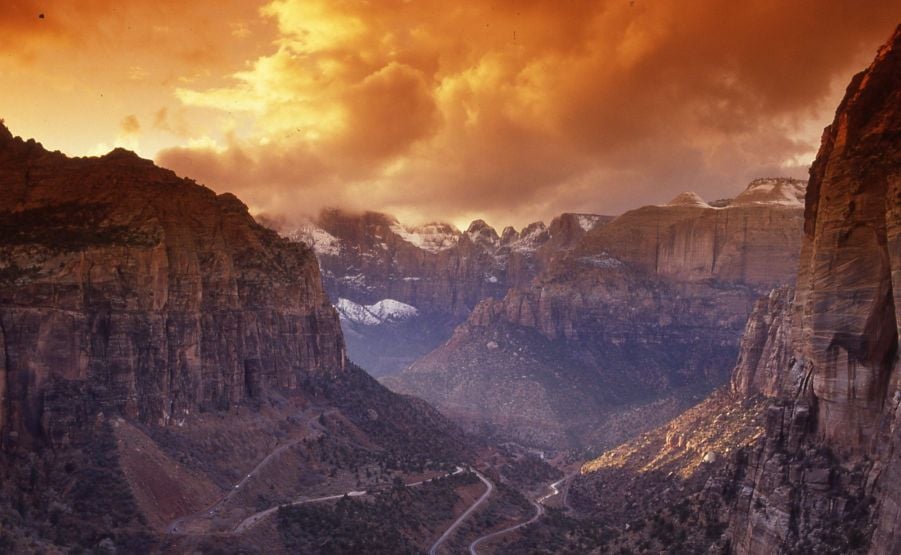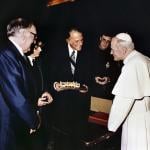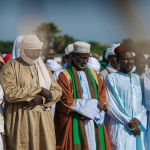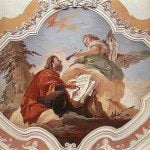Another passage from a book-in-preparation: Furthermore, the ruling classes of Jewry, including the chief families of hereditary priests, had perished along with the temple and the state they had served. Roman administrators were busily monitoring, harrassing, and persecuting descendants of the Davidic line, including the leaders of the Sanhedrin, in order to prevent them from serving as the nucleus of any new revolt. The prophets were long gone. Only the rabbis were left to become the leaders... Read more


